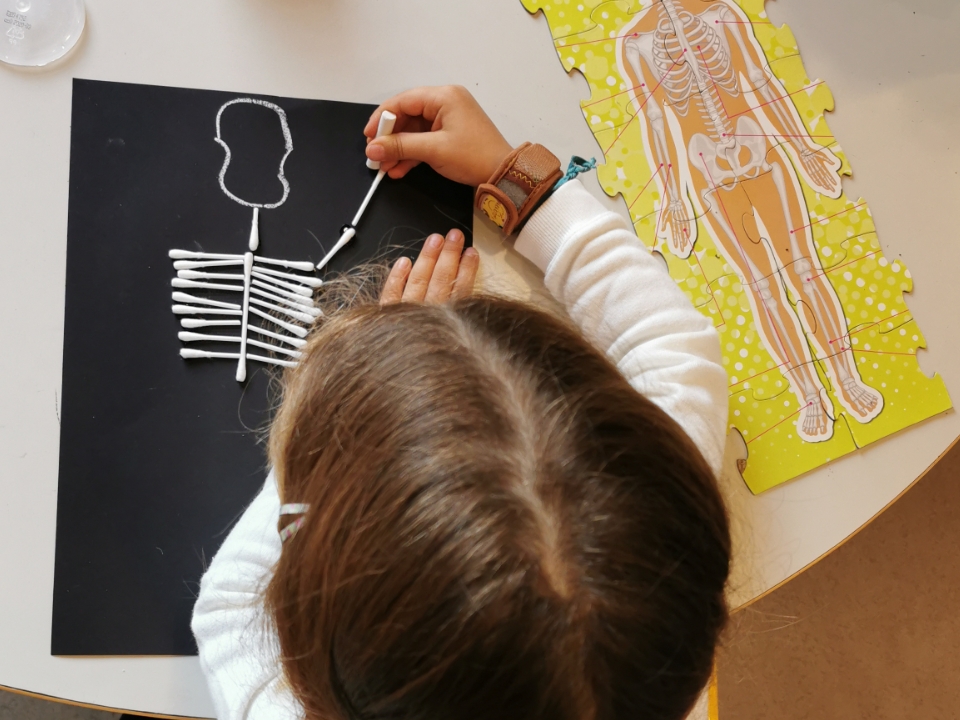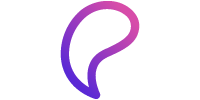"If we teach the students of today as we taught those of yesterday, we take them the tomorrow."
- John Dewey
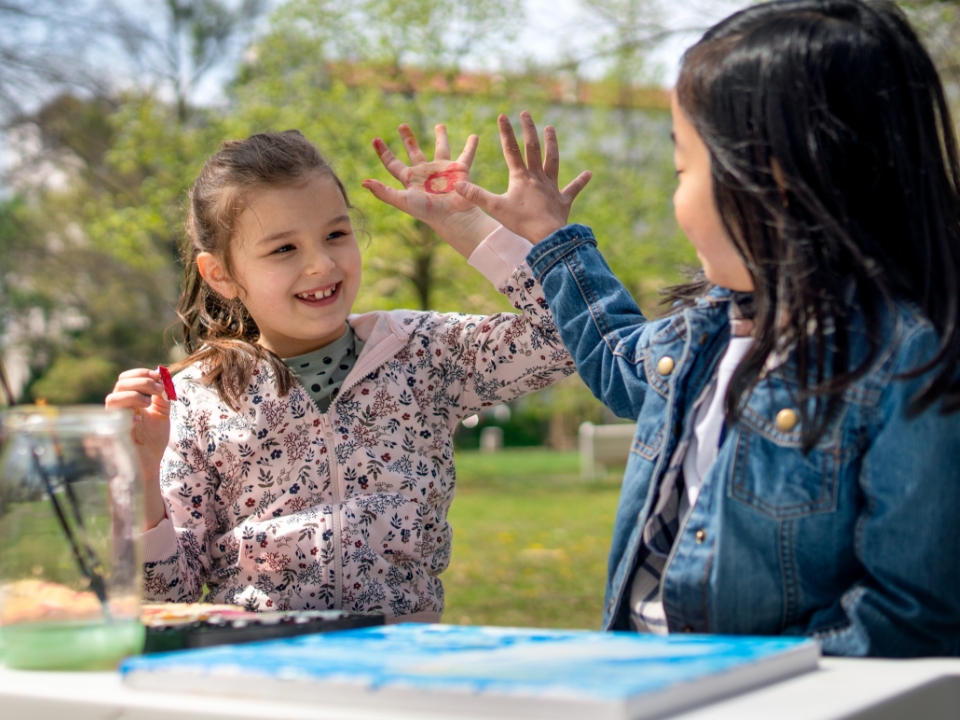
What is learning?
What is the square root calculation for? How do we use logarithms in practice?
When we really learn, we are able to apply the knowledge to solve real problems in our daily lives. Memorizing formulas and rules is not the same as learning. Analyzing, criticizing, and questioning information in order to transform it into knowledge is the path to lifelong learning.
To learn is to apprehend.
How do we learn?
Socializing, playing, observing, participating, exploring, expressing. There are many ways to learn. It is in the interaction with people in different situations and with everything around us that we expand our knowledge. The most important thing is to understand that each person has his or her own rhythm and way of understanding reality.
Learning doesn’t have to follow the same pattern for everyone, does it?
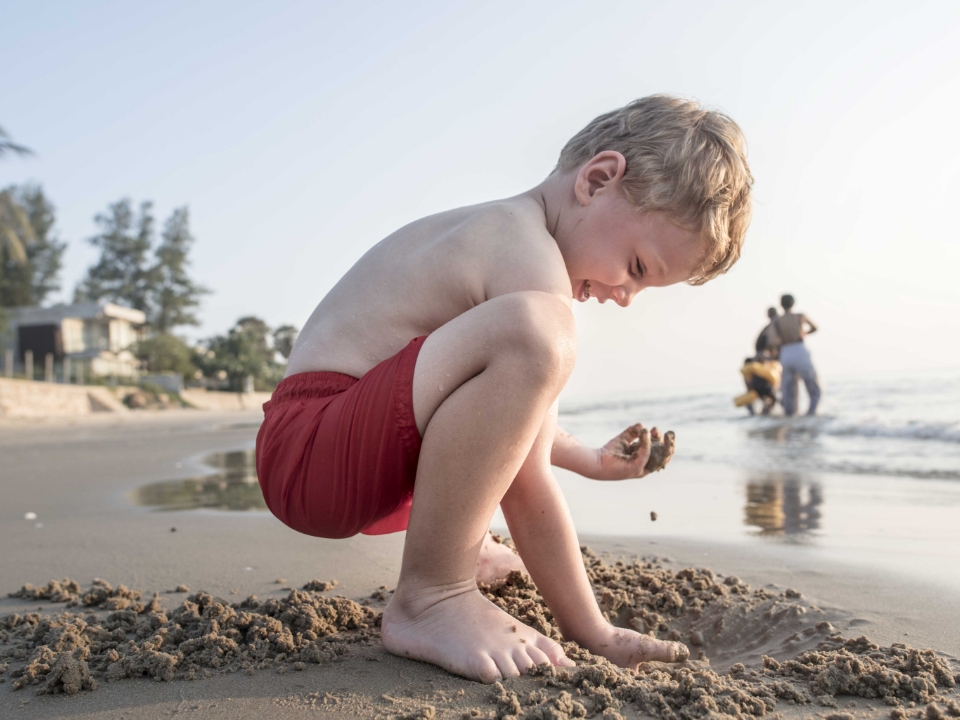
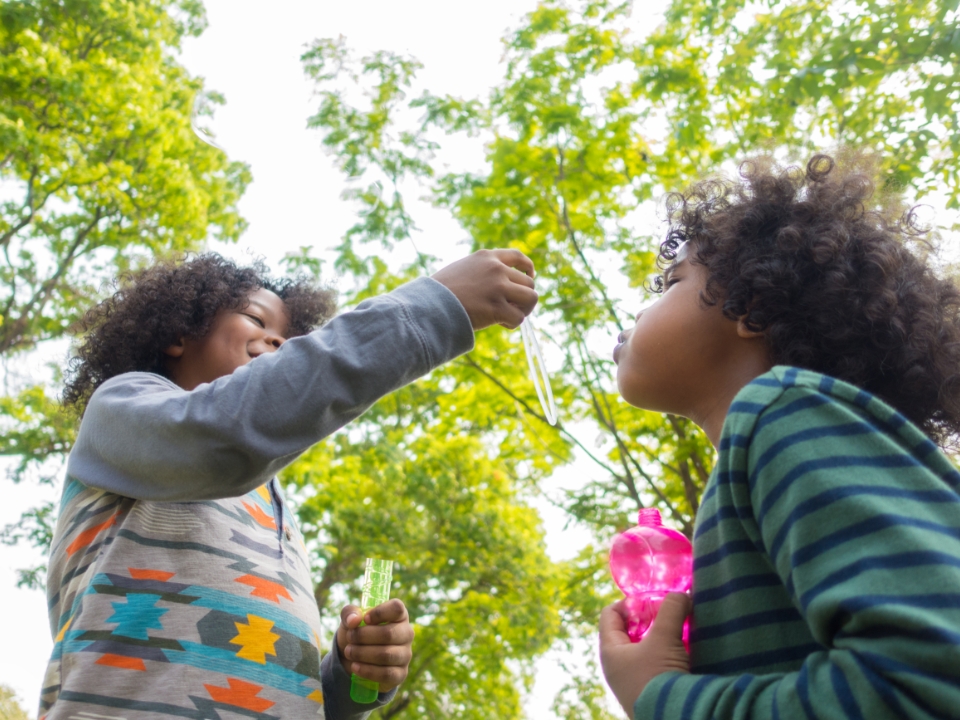
Where do we learn?
Is there a better place to learn than the world around us?
Nature, public spaces, sports and cultural facilities, leisure and rest areas, are all educational tools.
Therefore, we see the school as a whole, far beyond the classroom. Diverse, flexible, and open environments enhance creativity and stimulate questions that give rise to new learning.
When do we learn?
We learn all the time.
We learn when we interact with the world, when we relate to each other, when we have new experiences, when we observe nature, and, most of all, when we have the motivation and genuine interest for a new discovery.
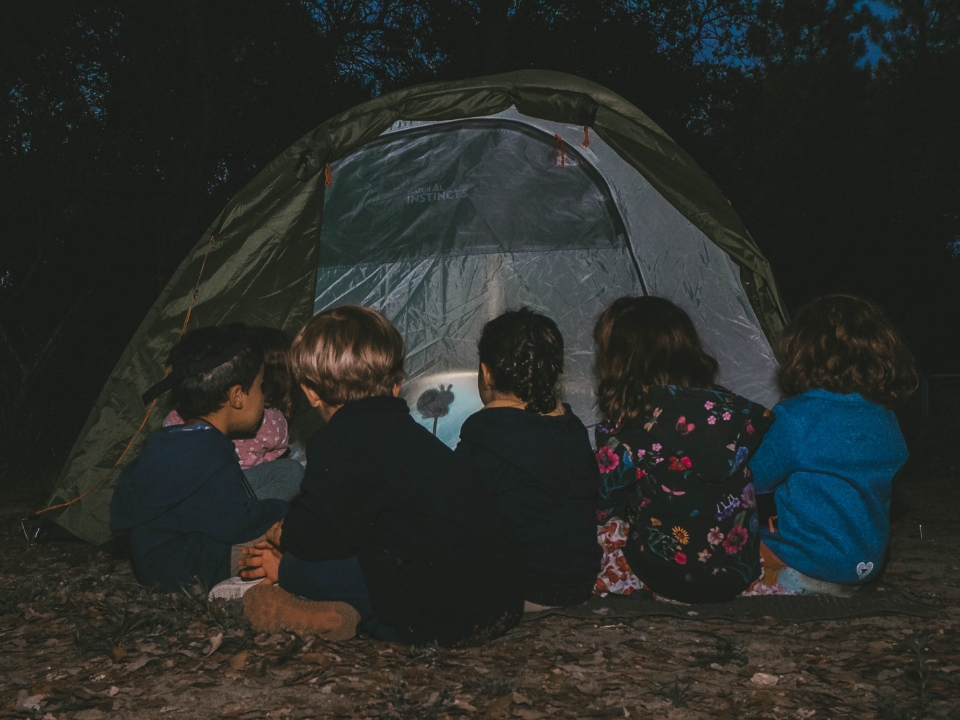
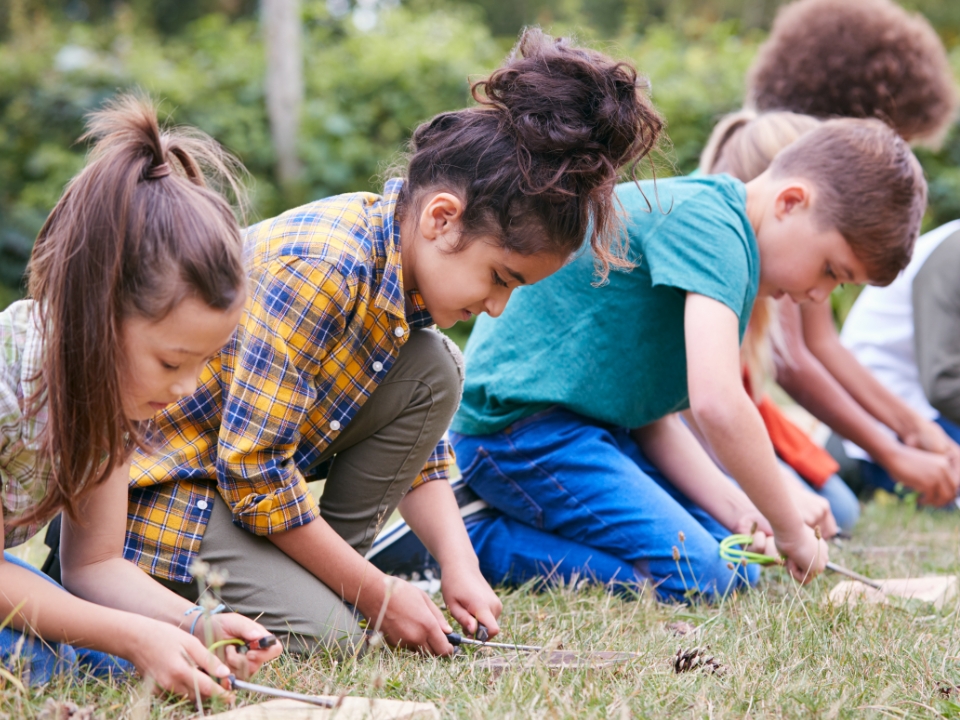
Who do we learn from?
Who was the last person from whom you learned something?
It is likely that it was a friend, a relative, a colleague, or even someone in your community.
Traditional models of education place the teacher as the one who dominates knowledge, but the truth is that everyone we interact with contributes to our learning.
How do we know that we have learned?
Retaining useless information in short-term memory, to be written verbatim on a test? Or producing knowledge translated into the evidence of learning in a portfolio?
“The more that you read, the more things you will know, the more that you learn, the more places you’ll go.”
– Dr. Seuss
